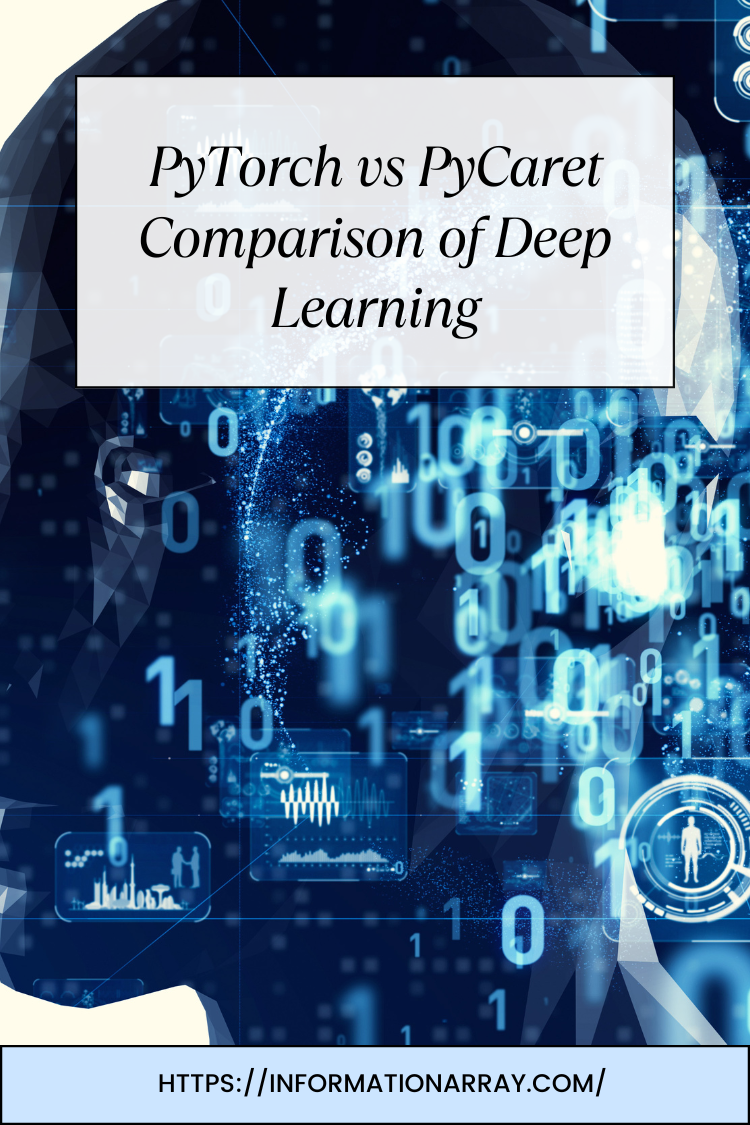Human Intelligence or Artificial Intelligence-This article explores the essence of HI and AI, compares their attributes through a detailed table, examines use cases across various sectors, and delves into the ethical considerations and future implications.
Table of Contents
ToggleIntroduction to Human Intelligence (HI)
Human Intelligence encompasses the cognitive abilities inherent to humans, including reasoning, creativity, emotional understanding, and problem-solving. Rooted in biological complexity and consciousness, HI enables adaptability and moral reasoning, distinguishing humans from other species.
Strengths of Human Intelligence
- Creativity and Innovation: Humans excel in generating novel ideas and solutions.
- Complex Problem-Solving: Adaptive thinking allows for handling unpredictable situations.
- Emotional Intelligence: Ability to perceive, understand, and manage emotions.
Limitations of Human Intelligence
- Cognitive Biases: Subjectivity and irrationality can lead to flawed decision-making.
- Processing Speed: Slower compared to AI in processing vast amounts of data.
- Physical Limitations: Bound by biological constraints and susceptibility to fatigue.
Introduction to Artificial Intelligence (AI)
Artificial Intelligence refers to machine-based intelligence designed to simulate human cognitive functions. AI systems use algorithms, data, and computational power to analyze patterns, make decisions, and automate tasks traditionally requiring human intelligence.
Strengths of Artificial Intelligence
- Data Processing: Rapid analysis of large datasets for insights and predictions.
- Automation: Efficient execution of repetitive tasks with precision and consistency.
- Scalability: Ability to handle vast amounts of data and perform computations at scale.
Limitations of Artificial Intelligence
- Lack of Creativity: Inability to replicate human intuition and innovation.
- Ethical Concerns: Potential biases in AI algorithms and decision-making.
- Dependence on Data Quality: Accuracy and reliability hinge on the quality and relevance of training data.
Comparison Table: Human Intelligence vs Artificial Intelligence
| Feature | Human Intelligence (HI) | Artificial Intelligence (AI) |
|---|---|---|
| Nature | Biological, conscious, emotional | Machine-based, algorithm-driven, non-conscious |
| Creativity | High; generates novel ideas and innovations | Limited; lacks human intuition and creative spark |
| Learning | Continuous adaptation and learning | Machine learning, deep learning, pattern recognition |
| Problem-Solving | Adaptive, contextually nuanced | Data-driven, algorithmic, precise |
| Emotional Intelligence | High; understands and manages emotions | Absent; lacks emotional understanding and empathy |
| Decision-Making | Moral and ethical considerations | Data-driven, objective decision-making |
| Speed | Slower; limited by cognitive processing | Faster; processes vast amounts of data rapidly |
| Flexibility | Adapts to new situations and contexts | Rigid; follows predefined algorithms and rules |
| Biases | Subject to cognitive biases | Reflects biases in data and algorithm design |
| Ethical Implications | Considers ethics, fairness, and moral dilemmas | Raises concerns about bias, privacy, and job displacement |
Use Cases of Human Intelligence and Artificial Intelligence
Human Intelligence Use Cases
- Healthcare: Medical diagnosis, patient care, and empathetic support.
- Creative Arts: Writing, music composition, and visual arts.
- Education: Teaching, mentorship, and personalized learning approaches.
Artificial Intelligence Use Cases
- Finance: Fraud detection, algorithmic trading, and risk assessment.
- Transportation: Autonomous vehicles, traffic management, and logistics optimization.
- Customer Service: Chatbots, virtual assistants, and sentiment analysis.
Ethical Considerations and Future Implications
Ethical Considerations
- Bias: Addressing biases in AI algorithms and decision-making processes.
- Privacy: Safeguarding personal data in AI-driven systems.
- Job Displacement: Mitigating the impact of automation on employment.
Future Implications
- Collaborative Intelligence: Integrating HI and AI for enhanced decision-making and problem-solving.
- Regulation and Governance: Establishing frameworks for responsible AI development and deployment.
Which is better, human intelligence or artificial intelligence
Determining whether human intelligence (HI) or artificial intelligence (AI) is better depends on the context and specific application:
When Human Intelligence (HI) is Better:
- Creativity and Innovation: HI excels in generating novel ideas, artistic creations, and innovative solutions that require intuition and empathy.
- Complex Decision-Making: HI integrates ethical considerations, emotional intelligence, and moral reasoning into decision-making processes.
- Adaptability and Flexibility: HI can quickly adapt to new and unpredictable situations, leveraging cognitive flexibility and learning from diverse experiences.
When Artificial Intelligence (AI) is Better:
- Data Processing and Analysis: AI outperforms HI in processing vast amounts of data quickly and accurately, making it ideal for tasks like data mining and predictive analytics.
- Repetitive Tasks and Efficiency: AI excels in automating routine tasks with precision and consistency, reducing errors and increasing productivity.
- Scalability and Speed: AI can operate at speeds far beyond human capabilities, handling computations and operations at scale without fatigue.
The effectiveness of HI versus AI depends on the task at hand. HI brings creativity, ethical judgment, and adaptability to complex scenarios, while AI offers unparalleled speed, efficiency, and scalability in data-driven applications. The synergy between HI and AI, rather than a competition, holds the potential for solving diverse challenges and advancing societal progress.
External Links and Resources
- Ethics of AI – Stanford Encyclopedia of Philosophy
- Understanding Human Intelligence – Psychology Today
Frequently Asked Questions (FAQs)
1. What are the key differences between HI and AI?
Human Intelligence is biological, emotional, and creative, while Artificial Intelligence is machine-based, algorithm-driven, and lacks human-like intuition and empathy.
2. How is AI used in daily life?
AI powers virtual assistants, autonomous vehicles, recommendation systems, and automated customer service.
3. What ethical challenges does AI pose?
AI raises concerns about biases in algorithms, privacy violations, and job displacement due to automation.
4. Can AI surpass human intelligence?
AI excels in specific tasks like data processing but lacks the cognitive flexibility and emotional intelligence of humans.
5. What is the future of AI and HI integration?
The future lies in collaborative intelligence, where AI enhances human decision-making and problem-solving abilities while respecting ethical principles.
Conclusion
Human Intelligence and Artificial Intelligence represent distinct paradigms in the spectrum of intelligence, each with its strengths, limitations, and ethical considerations. While AI accelerates automation and data-driven insights, HI embodies creativity, emotional understanding, and moral reasoning. The future convergence of these intelligences holds promise for solving complex challenges and advancing societal progress.









